From sidewalk concerts to a safari, Georgetown residents have been coming up with creative ways to cope with quarantine — all the while keeping a safe six feet apart.
Washington, D.C. Mayor Muriel Bowser (D) issued a stay-at-home order for District residents March 30, allowing residents to leave their homes only for essential tasks and some recreational purposes. Georgetown residents have been using the neighborhood social networking platforms Nextdoor and Groups.io to plan fun, safe activities during this uncertain time.
A street concert planned on Nextdoor and performed by local residents gave neighbors the chance to enjoy each others’ company at a safe distance, according to Noa Donvan (COL ’22), whose permanent residence is in Georgetown.
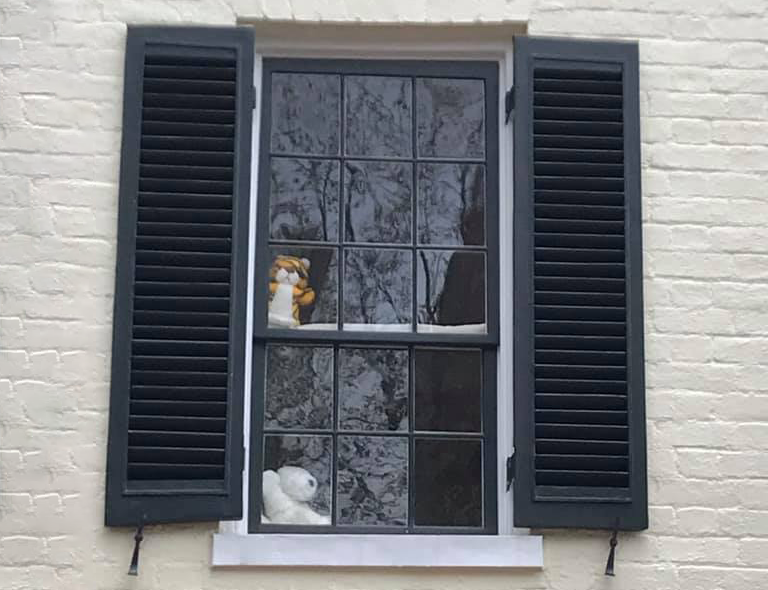
“The event was planned by my next door neighbor, who is in a band,” Donvan wrote in an email to The Hoya. “He ended up playing for about an hour and a lot of neighbors brought chairs and sat in the streets and outside of their houses with their families. He played a lot of songs that people knew so everyone was singing along, there were younger kids dancing, it was a really, really soothing and positive experience and environment.”
Advisory Neighborhood 2E Commissioner Elizabeth Miller used Georgetown’s community email lists and Nextdoor to inform neighbors about her idea for a daily neighborhood wave.
“I started the daily friendly wave because I was so moved by the Italians singing from their balconies and I quickly understood how important community would be as the quarantine gets tighter and goes longer. In times like these, kindness, love, support and even a friendly wave can go a long way to keeping us sane,” Miller wrote in an email to The Hoya. “It’s also a way to check on each other – especially our more mature neighbors – and make sure we have what we need and are staying healthy.”
Miller said some blocks have even adopted themes for each night’s wave, including a pajama night and a hat night.
The Georgetown email list on Groups.io was the birthplace of the Georgetown Street Safari. India Olchefske and her mother, Judith Bunnell, began the safari by encouraging neighbors to place stuffed animals in their windows so Georgetown’s younger residents could walk around and spot them. With over 200 houses involved and a growing social media presence, the Street Safari has amassed more attention than Olchefske and Bunnell anticipated.
The safari is a safe and fun activity for children and parents alike, serving as an opportunity to bring the neighborhood closer during the pandemic, according to Olchefske.
“I think the idea is not only to give parents something to do with their kids that can maintain social distancing, but also to create community in a difficult time,” Olchefske said in an interview with The Hoya. “So if we can have kids in the community either take pictures of themselves, take pictures of family, take pictures of houses, or their house or their animal, hopefully it’ll create a sense of family.”
Some moments of community solidarity have been more spontaneous. Fran Snider discovered an anonymous note on her doorstep last week, thanking her for maintaining a beautiful garden for others to enjoy as they pass her house.
“Thank you for your gorgeous garden. It’s at times like this that we need to be reminded of the true beauty of the world,” the handwritten note read.
Since Snider found the first note, neighbors on her street have reported the discovery of similar ones. Although the identity of the notes’ writer remains a mystery, the sentiment behind the messages is characteristic of the Georgetown community, according to Snider.
“It just seemed like such a nice thing to do when things are just falling apart. In Georgetown, people look out for each other,” Snider said in an interview with The Hoya. “We’ve lived here since 1972, so we’ve seen a lot of changes, but the thing that we have not seen change is that people take care of each other here.”








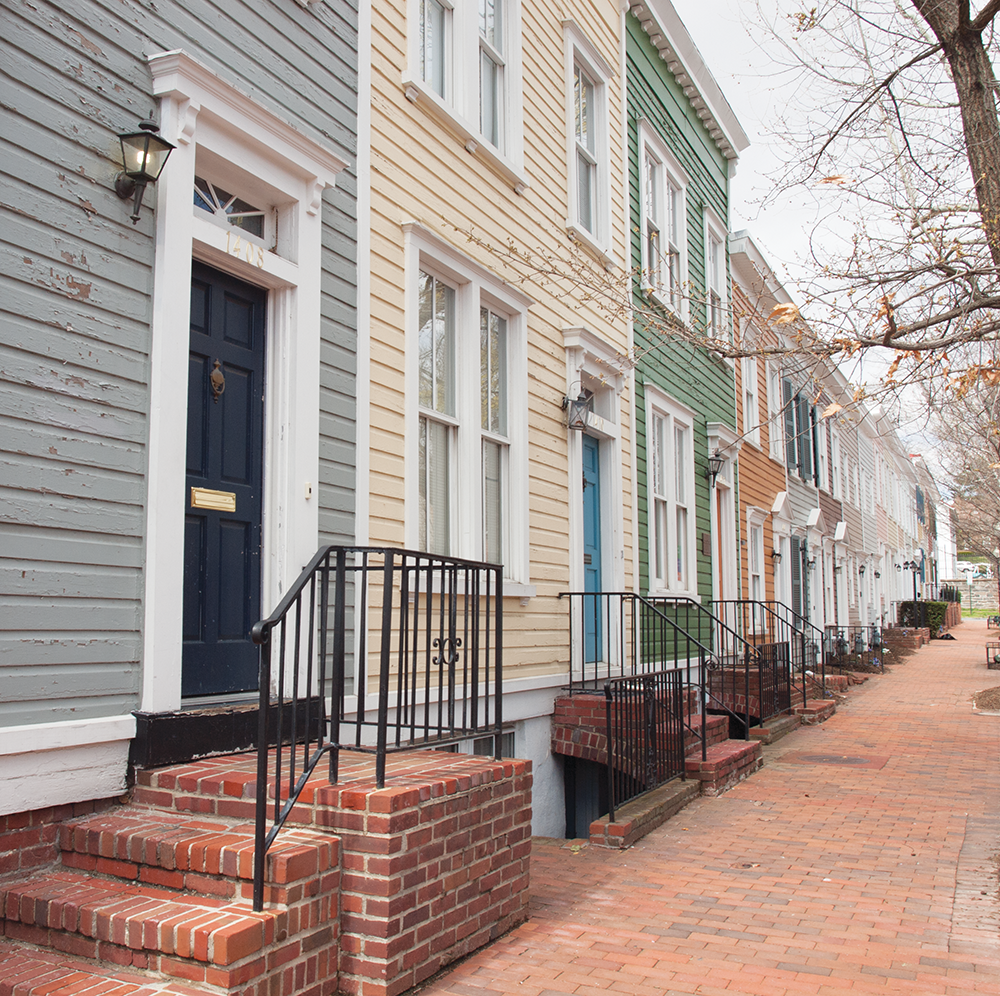
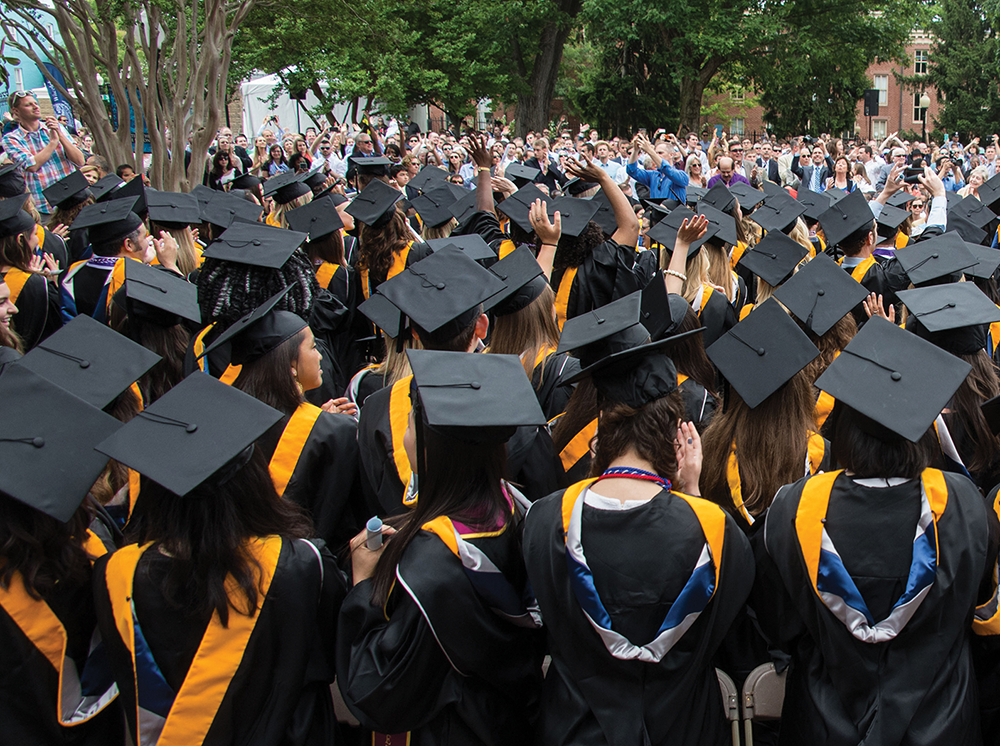
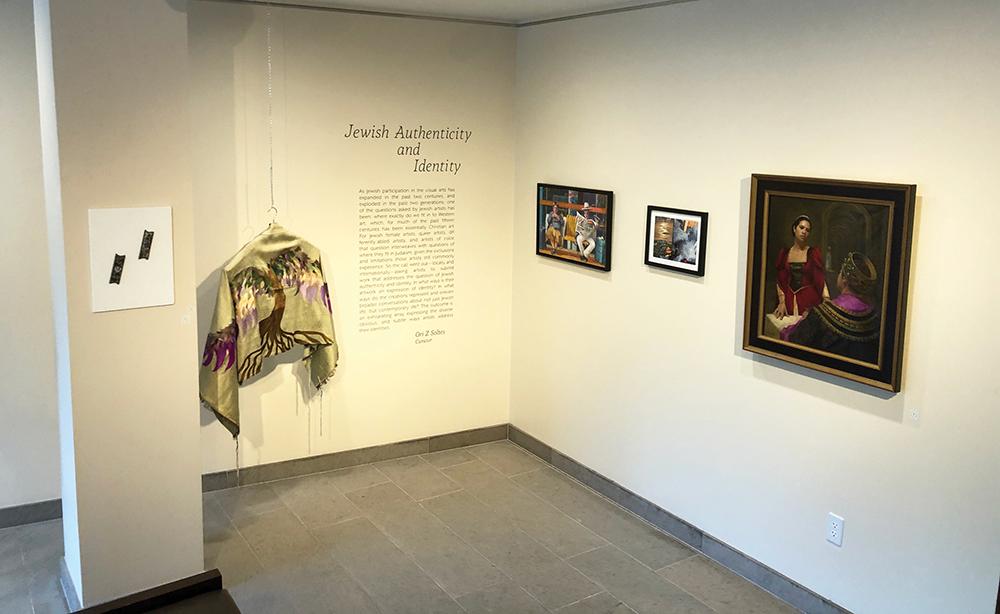
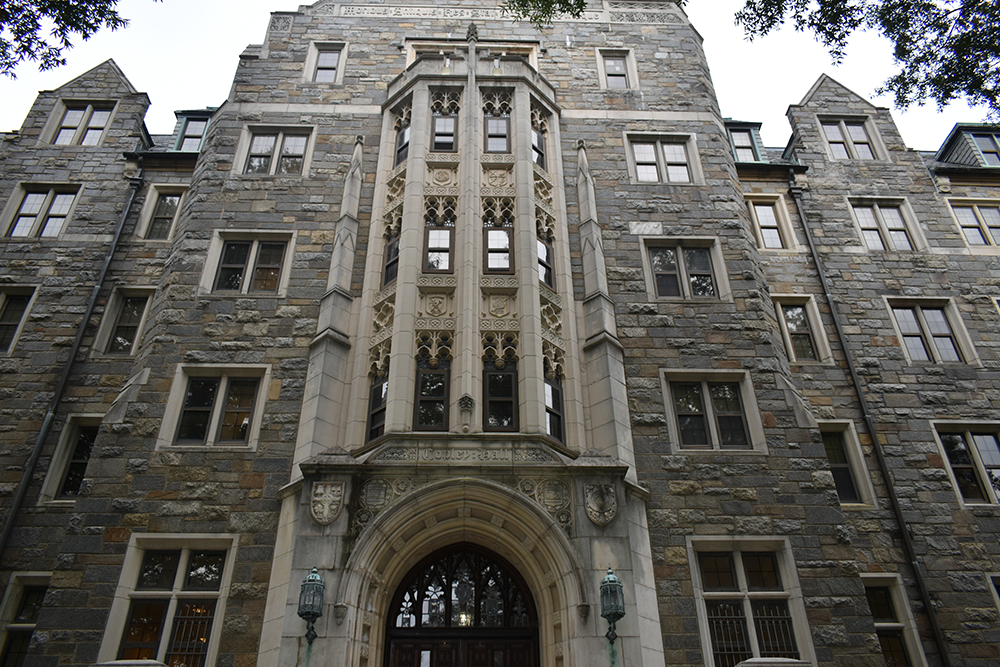
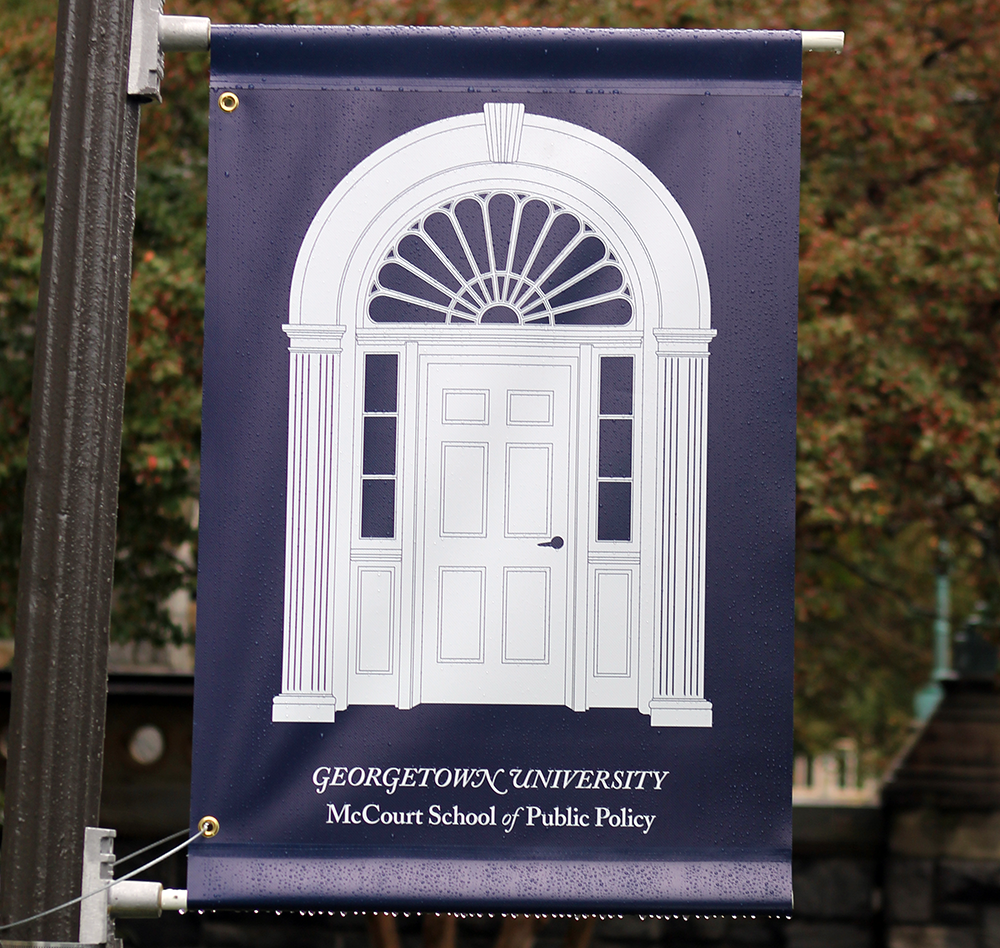








Christie Look • Apr 12, 2020 at 9:05 pm
Such a nice article, filled with hope and community!! Go, Georgetown!
Fran Snider • Apr 12, 2020 at 12:10 pm
Very nice, Moira! It was fun talking with you.